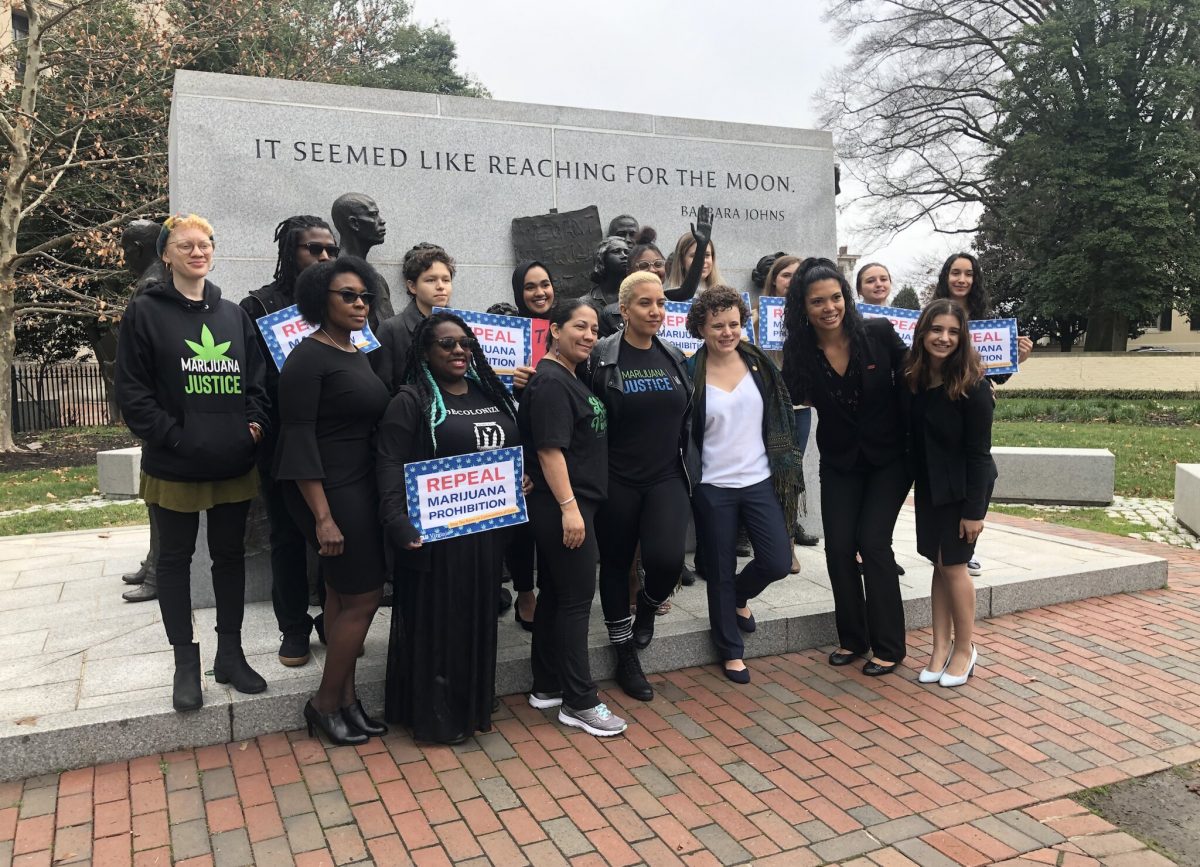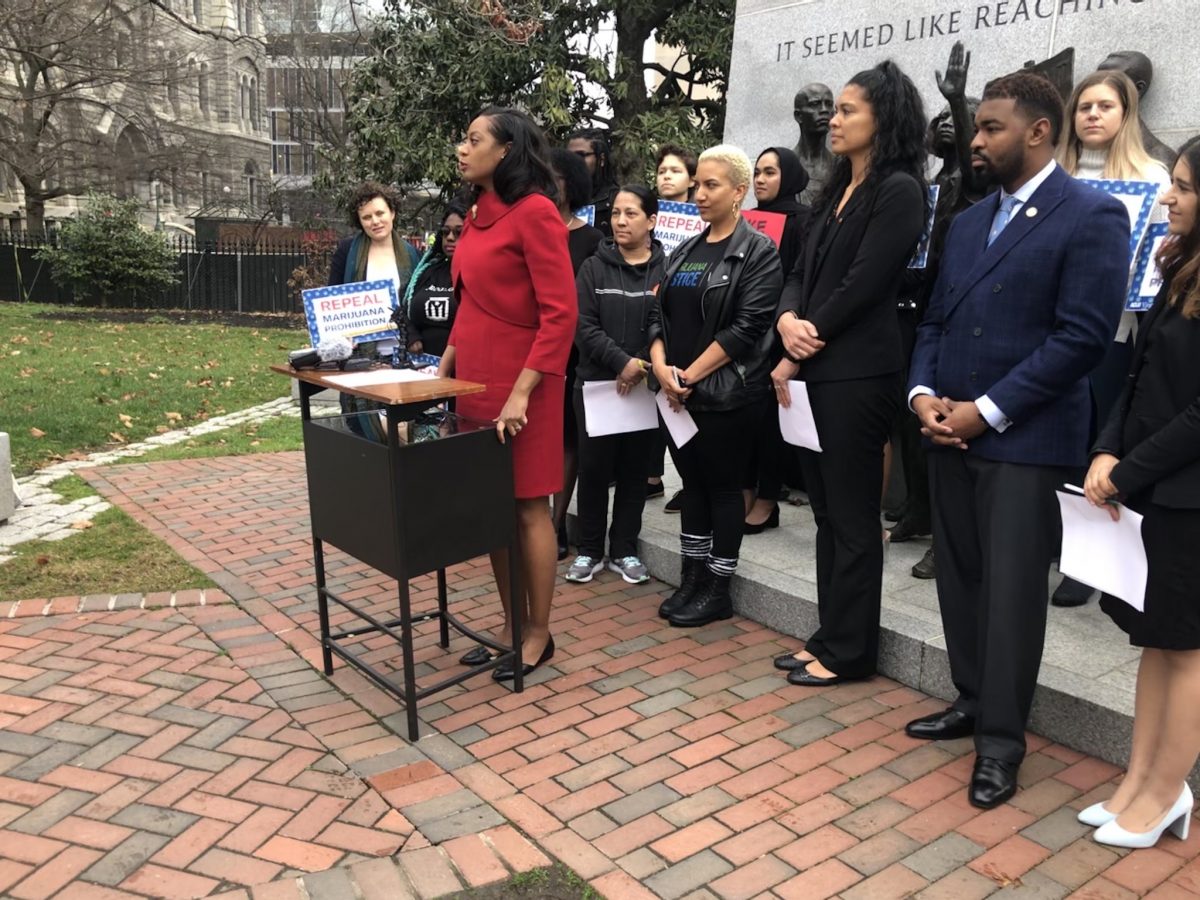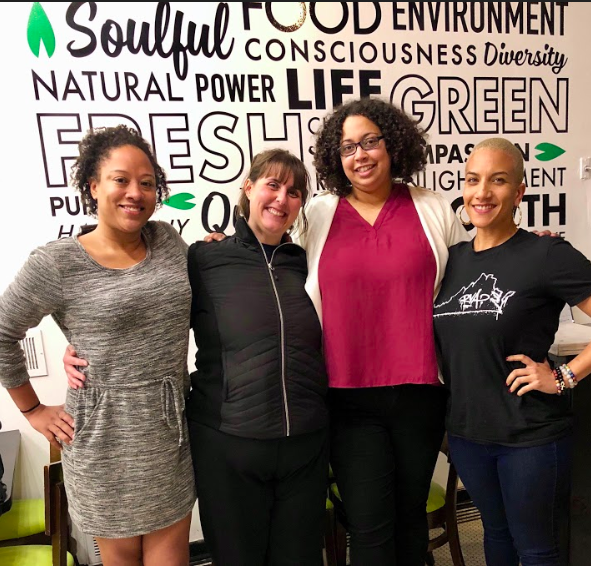A Senate committee could debate a bill that would reverse a policing law intended to reduce racial profiling. The General Assembly in 2020 passed a law along party lines to end pretextual policing, or the practice of stopping someone for a minor traffic violation....





